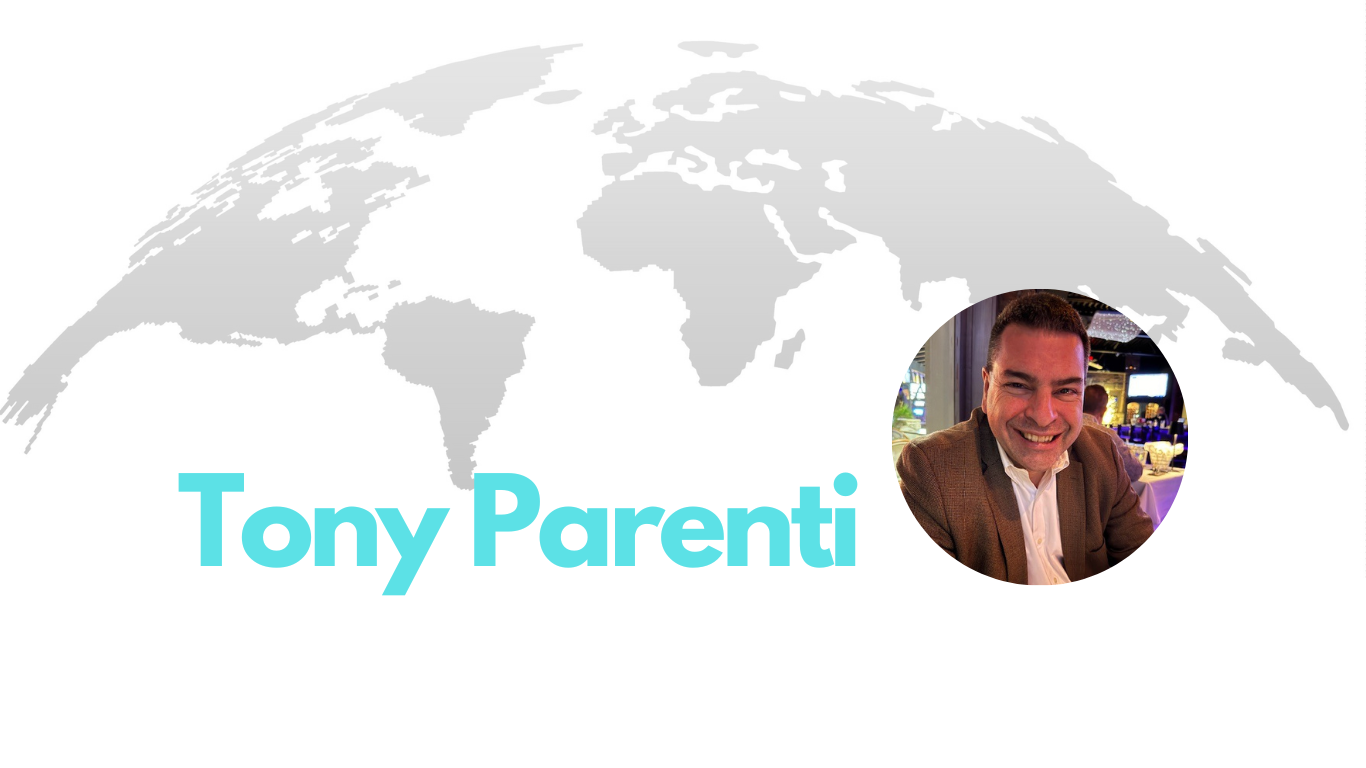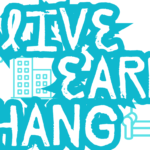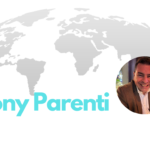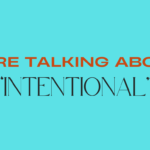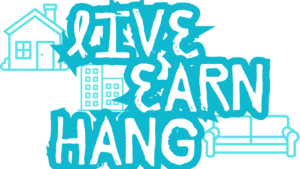
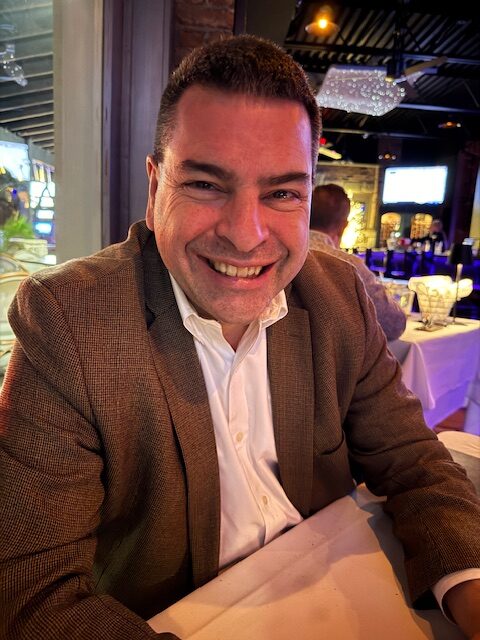
Meet Tony Parenti
When I think of Tony Parenti I think of someone who consistently shows up with the right attitude even if he doesn’t know what to expect. This aspect of his personality serves him well as he leads two weekly First UMC bible studies and serves his community as a real estate agent.

